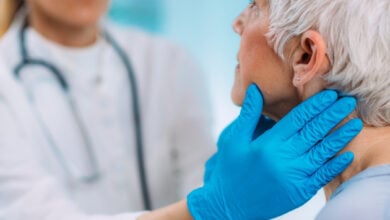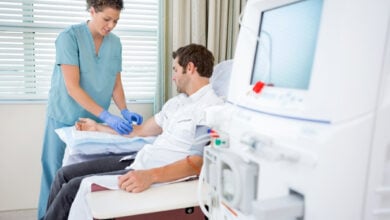Allergy and Immunology
Allergy and Immunology in Istanbul offers fast testing and clear treatment plans. Many clinics do same day skin prick and patch tests, lung function checks, and blood IgE. Doctors guide you with avoidance plans, allergy shots or drops, biologics for severe asthma or hives, and care for immune deficiencies, with English support and transparent prices.

This article explains how allergy and immunology services are organized in Istanbul for international patients who want safe care, simple timelines, and dependable follow up. The focus is practical and human. You will see how evaluations are done, what treatments are available, how to plan days in the city, and how Istanbul’s medical ecosystem makes complex care feel calm.
Why Istanbul for allergy and immunology
Istanbul is built for international care. Large hospitals, university centers, and licensed outpatient clinics work with visitors every day. Interpreters, coordinators, and clear documents are a standard part of the service. This matters in allergy because detailed history, precise testing, and careful education are the foundation of good results. When the system is organized, you spend less time moving between addresses and more time getting the answers you came for.
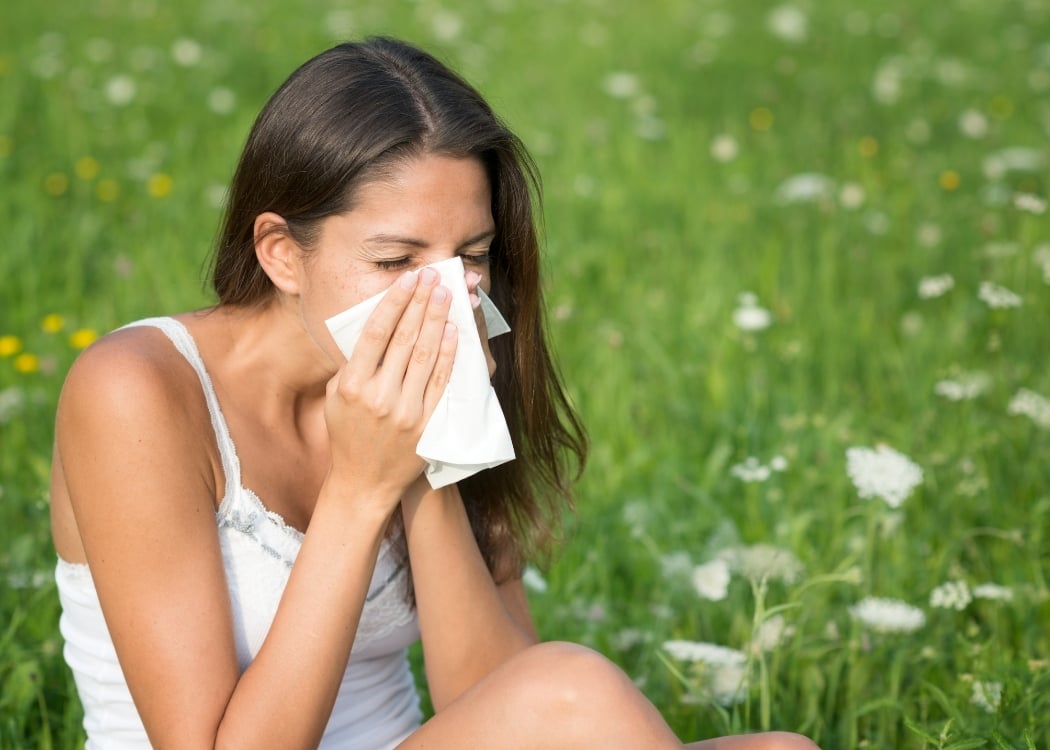
Experience at scale helps. Istanbul sees high volumes in respiratory allergy, food allergy, drug allergy, chronic urticaria, angioedema, and severe asthma. High volume does not replace judgment, it builds steady routines. Consent is explained in plain language. Anaphylaxis kits are stocked and checked. Emergency pathways are rehearsed. These details make a real difference for visitors who may feel anxious about testing and treatments away from home.
What the specialty covers
Allergy and immunology look after the immune system when it reacts too little, too much, or in the wrong way. Common reasons to visit include sneezing, itchy eyes, blocked nose, wheeze, cough, rashes, hives, swelling, food reactions, drug rashes, recurrent infections, and concerns about immune deficiency. Your Istanbul team will separate what is likely allergy from what is not, then build a plan you can follow without stress.
First visit and the shape of the workup
Every plan begins with your story. When symptoms started, what triggers them, what helps, what makes them worse, and how they affect sleep and daily life. A focused exam follows. Only then do tests appear. You will be told what each test can change in the decision. You leave with copies of results and a written plan in English on request. This slow and steady start makes the rest of the week simple.
Testing explained in plain words
Skin prick testing uses tiny drops of allergen on the forearm or back to look for a safe, controlled reaction. It is a quick way to explore seasonal and indoor triggers like pollens, mites, molds, cat, or dog. It helps refine treatment for respiratory allergy and guides immunotherapy choices. Specific IgE blood tests answer similar questions for people who cannot stop antihistamines or who have skin conditions. Component-resolved testing can separate true food allergy from cross reactions, especially with nuts and some fruits. Pulmonary function tests and fractional exhaled nitric oxide support the asthma side of the picture. Patch testing looks for delayed reactions in contact dermatitis. Supervised oral food challenges confirm or remove a label, which is often the most important step for food allergy families.
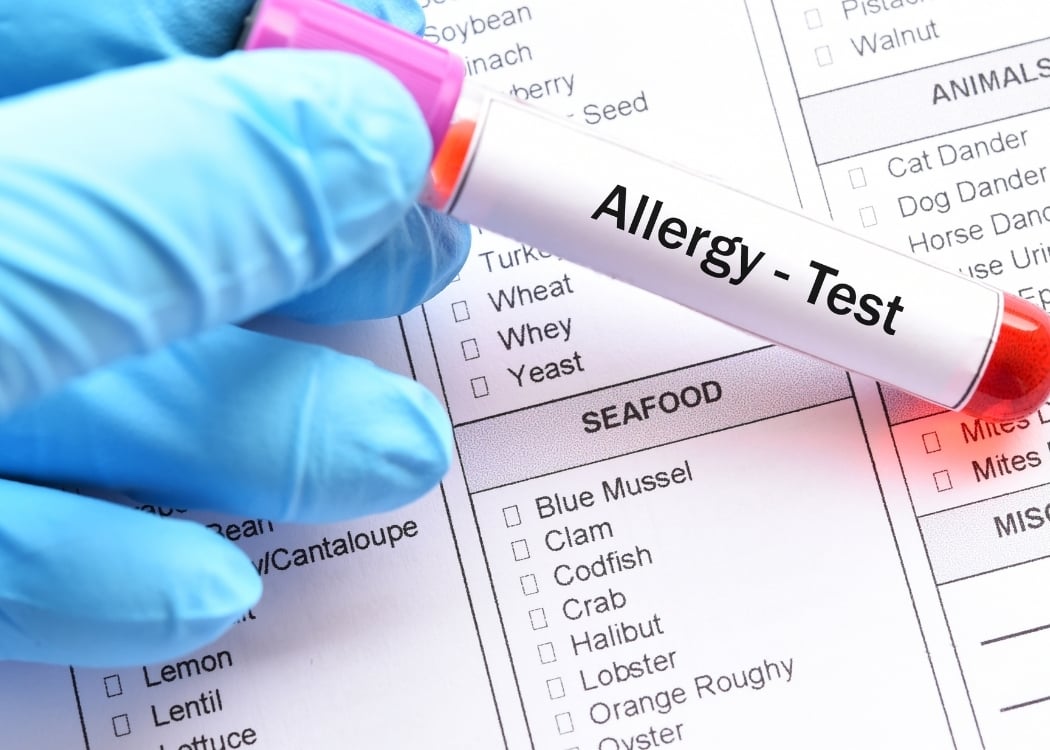
Respiratory allergy and asthma in the same hallway
Nose, eyes, and lungs are one airway. When sneezing and itchy eyes live with cough and wheeze, your team treats both together. Nasal sprays, antihistamines, and leukotriene modifiers are explained in simple sentences, not jargon. Inhalers are taught hands on, with a spacer and a checklist that makes technique easy to remember. For severe disease, biologic medicines that target specific pathways are available in major centers. The plan is written with dates and doses so travel days stay calm.
Food allergy done with care
Food reactions need precise labels. Your Istanbul team will separate intolerance from true immune response and will explain cross reactivity so you can live with fewer unnecessary restrictions. Emergency plans are taught with practice trainers. Families learn when to give antihistamine, when to use an adrenaline auto-injector, and when to call for help. Some centers offer oral immunotherapy programs for selected foods with detailed consent and stepwise dosing. The focus is not quick promises. The focus is safe gains and confident daily routines for every allergen household.
Drug allergy and safe delabeling
Many people carry a drug warning for years. Istanbul centers run structured pathways to confirm or remove labels for antibiotics, local anesthetics, and other medicines. If a reaction is low risk, a supervised challenge can safely clear the record so future care is simpler. If a reaction is likely, testing and graded challenges or desensitization are done in settings with immediate support. This careful work prevents avoidable side effects, avoids broad spectrum overuse, and gives surgical teams the options they need.
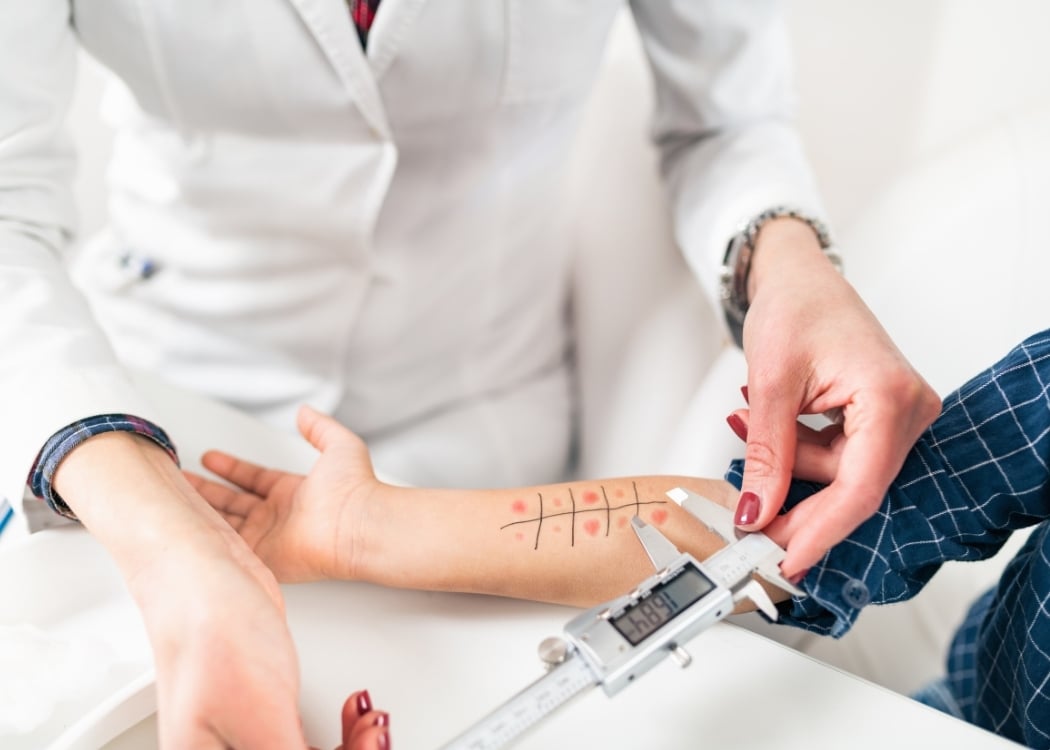
Chronic urticaria and angioedema
Hives and swelling can steal sleep and confidence. The approach in Istanbul is stepwise and kind. Triggers are reviewed. Antihistamines are optimized. Advanced options like omalizumab are available in experienced clinics. For hereditary angioedema, specialist teams coordinate home rescue therapies and travel letters so patients feel safe in the city. The tone is steady. The aim is to give people with this form of allergy a predictable life again.
Immune deficiency evaluation
When infections repeat or heal slowly, the problem may be a primary immune issue rather than classic allergy. Istanbul’s larger hospitals run immunology clinics that can evaluate antibodies, complement, and cellular function. Treatment can include vaccinations, prophylaxis, or immunoglobulin replacement. International coordinators help with storage, transport letters, and links to home providers so therapy continues without interruption after you fly back.
Allergen immunotherapy in Istanbul
Immunotherapy changes the immune conversation. For respiratory allergy like grass pollens, mites, or cat, subcutaneous and sublingual options are available. Your doctor will explain schedules, maintenance doses, and how to plan if you live abroad. Many visitors start with a detailed plan in Istanbul and then continue maintenance with a local specialist at home. This is where the city’s international patient desks shine. They write schedules that fit real flights and real calendars, not theoretical weeks.
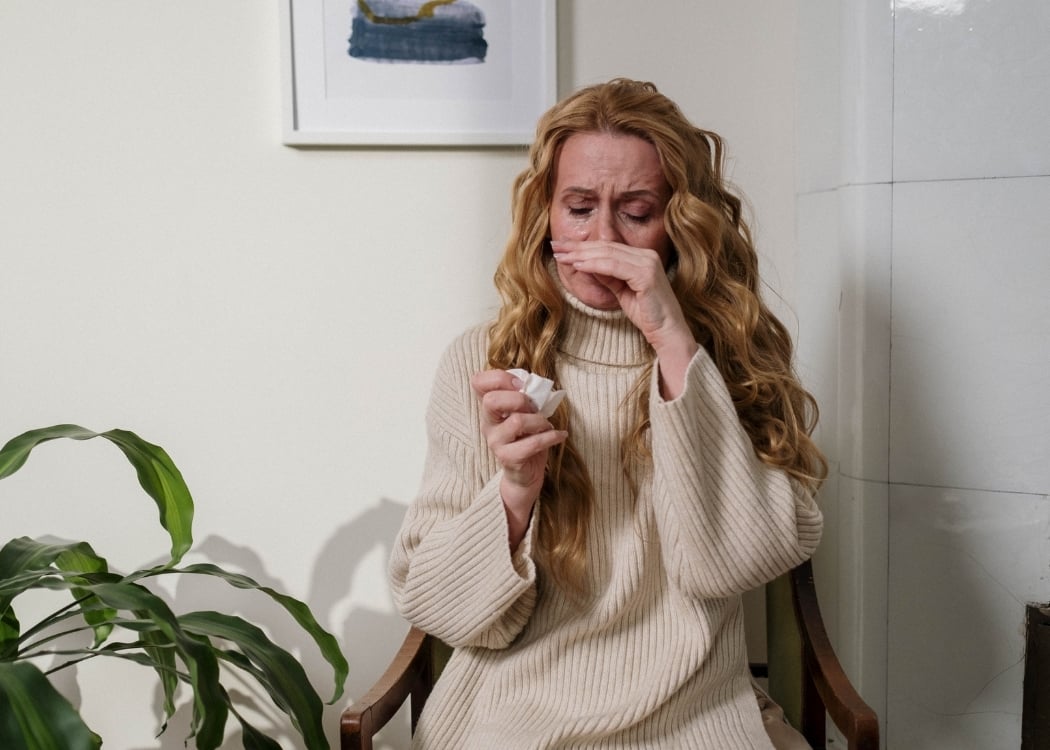
Safety systems you can feel
Allergy work is about preparation. Clinics check stock for adrenaline, oxygen, nebulizers, and IV access before each session. Staff rehearse emergency drills. Consent is a real talk, not a signature alone. Written action plans go home in your language. These quiet routines are why travelers describe allergy care in Istanbul as calm even when the tests are serious.
Planning your week in the city
Most visitors can build a three to five day plan. Day one is history, exam, and core testing. Day two brings results and a first treatment step. Day three is a buffer for challenges or device teaching. Complex allergy cases may need more days, especially when food challenges or immunotherapy starts are included. Coordinators place appointments close together and near your hotel. You rest between visits, sip tea by the Bosphorus, and keep steps gentle. The city’s rhythm supports healing and that matters more than people think.
Children and families
Pediatric allergy clinics make space for play and clear teaching. Growth, nutrition, sleep, and school are part of every plan. Parents receive dosing charts and travel notes. Teenagers learn how to self manage and how to speak up in restaurants. For mixed families who split time between countries, Istanbul teams write transition letters and set video checks so nothing is lost in the move.
Seasonal timing and the environment
Allergy symptoms change with seasons. Your team can adjust medicine plans around expected pollen peaks and can teach simple environmental steps for dust and dander sensitivity. Hotels are chosen for quiet rooms with modern ventilation and smoke-free policies. This is not decoration. It is therapy you can feel while you sleep.
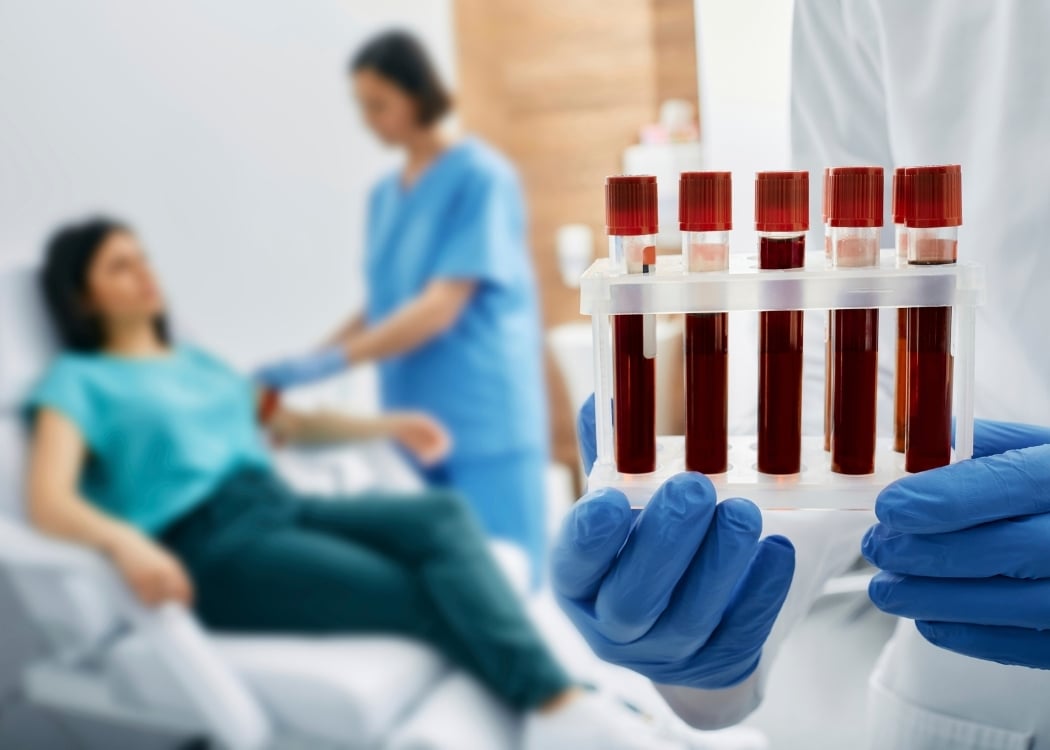
Records, language, and follow up
Everything is documented. You leave with test results, device settings, emergency plans, and a medication list. Reports are issued in English on request. Tele follow ups are scheduled before you leave. If your home doctor needs data, coordinators send secure links. This is how allergy care stays connected between Istanbul and your city.
Money and insurance without surprises
Quotes are itemized. Consults, tests, supervised challenges, biologic injections, and immunotherapy extracts are listed clearly. Many visitors pay by card and claim later with invoices and medical reports. If your insurer can issue a guarantee to a major hospital, the paperwork can be arranged. Transparency protects trust, and trust is the heart of safe allergy care.
Gentle tourism that respects your energy
Istanbul invites soft moments between appointments. A short ferry ride, a shaded park bench, one gallery instead of five, an early dinner with simple, fresh food. Restaurants are used to ingredient questions and will help you protect a food allergy plan. Many hotels keep snacks you provide in labeled containers. When the city meets you halfway, your week feels like care and comfort at the same time.
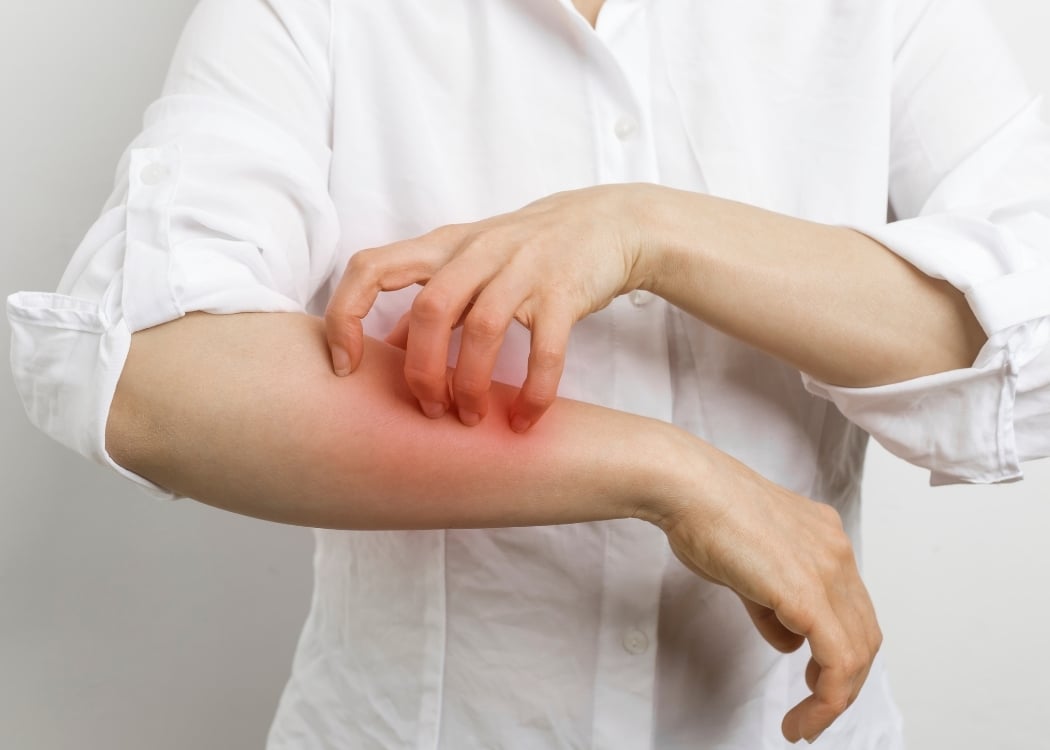
Choosing a center and a specialist
Pick experience that matches your needs. Ask for a named allergist or immunologist, confirm weekly case volume for your type of allergy, and request a written plan. Look for clinics that teach with patience and that answer quickly on message. The right fit feels calm from the first hello. That calm is not an extra. It is a safety tool.
Bottom line
Allergy care works best when it is precise and kind. Istanbul offers that mix. From skin tests to challenges, from immunotherapy to biologics, from pediatric plans to complex adult problems, the city provides organized pathways and thoughtful teaching. If you want answers and practical tools you can use at home, you will find both here. If you want a city that supports healing with soft days and clear logistics, you will find that here too. This is why so many travelers plan their journey in Istanbul and return with confidence that lasts.
References
- European Academy of Alergy and Clinical Immunology. EAACI Guidelines and Position Papers on allergic rhinitis, food alergy, anaphylaxis, drug hypersensitivity, and immunotherapy.
- Global Initiative for Asthma. Global Strategy for Asthma Management and Prevention, 2024–2025 updates.
- Allergic Rhinitis and its Impact on Asthma. ARIA guideline updates on diagnosis and management of respiratory allergy.
- AAAAI and ACAAI. Practice Parameters on anaphylaxis, drug alergy, food alergy, and chronic urticaria, current editions.
- World Alergy Organization. Anaphylaxis guidance and position statements on global allergy management.
- NIAID and Consortium of Food Alergy Research. Addendum guidelines for the prevention of peanut alergy and food alergy management resources.
- EAACI and PRACTALL. Pediatric alergy guidance across nutrition, diagnostics, and emergency planning.
- British Society for Alergy and Clinical Immunology. Guidance on penicillin alergy delabeling and antibiotic stewardship in allergy.
- Global Alergy and Asthma European Network. Position papers on component-resolved diagnostics and respiratory allergy.
- International Consensus on Drug Alergy. Recommendations for testing, graded challenge, and desensitization protocols.
- World Alergy Organization and European Hereditary Angioedema Guidelines. Management of hereditary angioedema and emergency planning for travelers.
- International Consensus on Alergy Immunotherapy. Best practices for subcutaneous and sublingual immunotherapy, including schedules for international patients.

